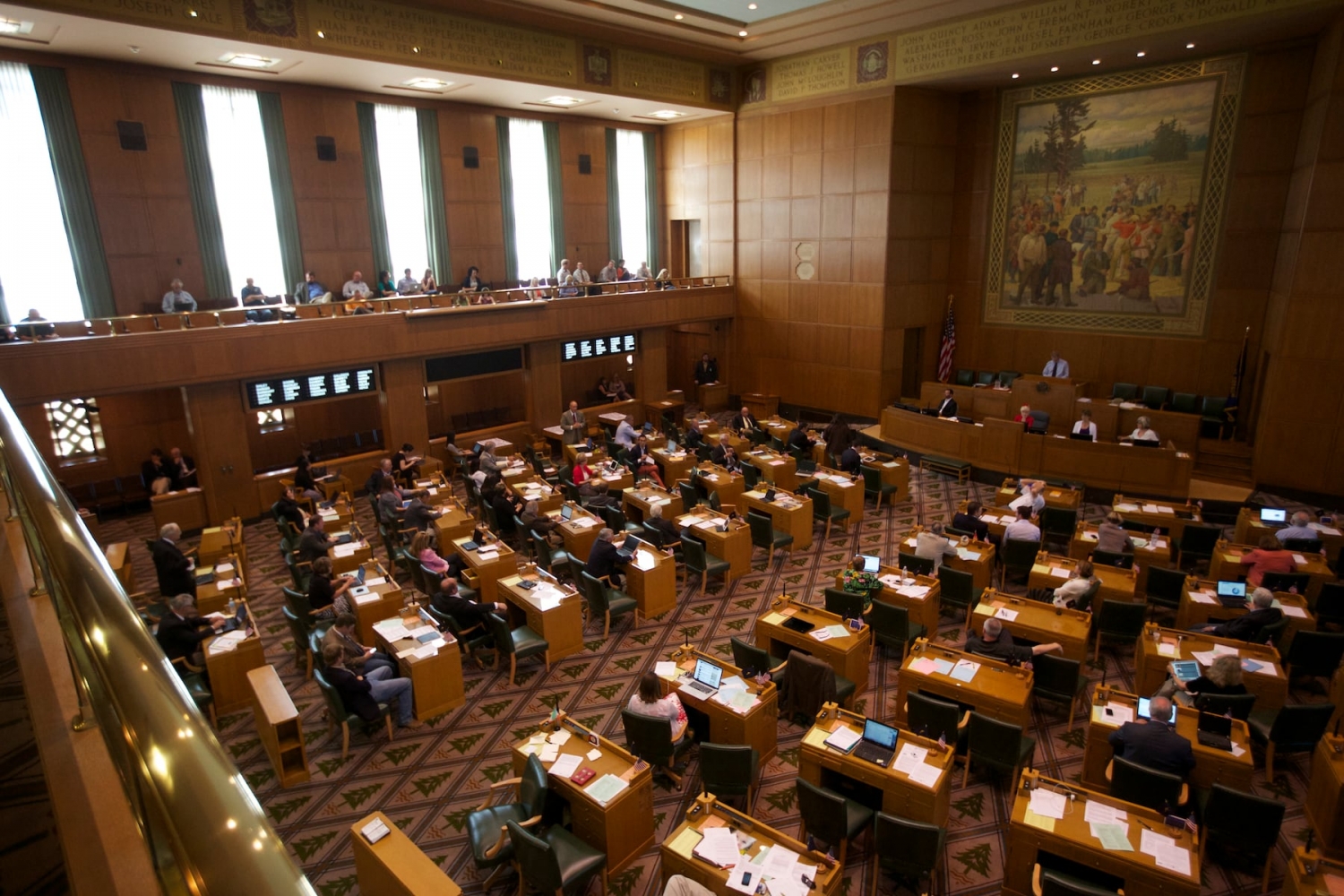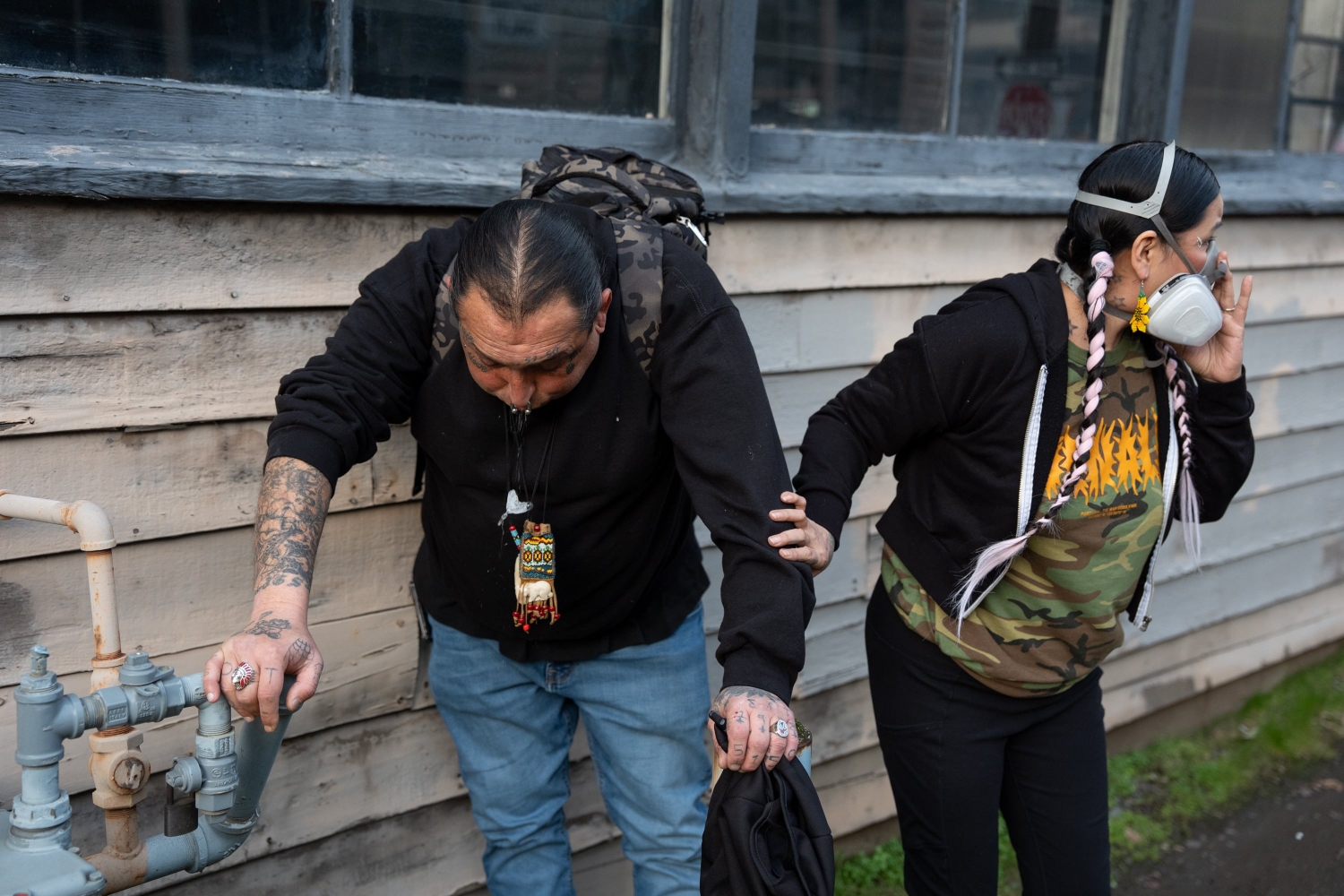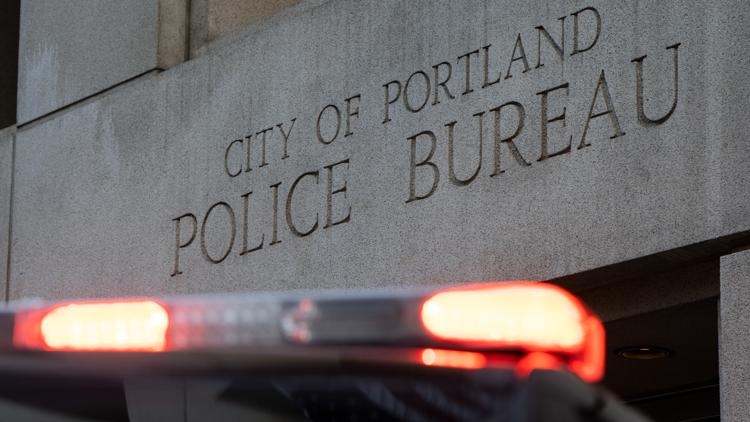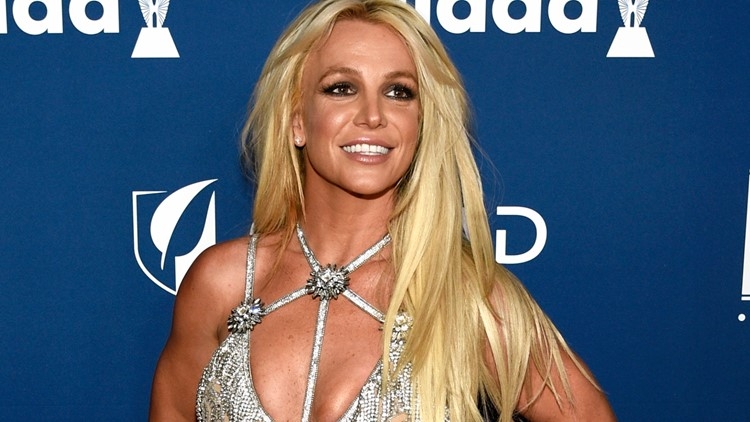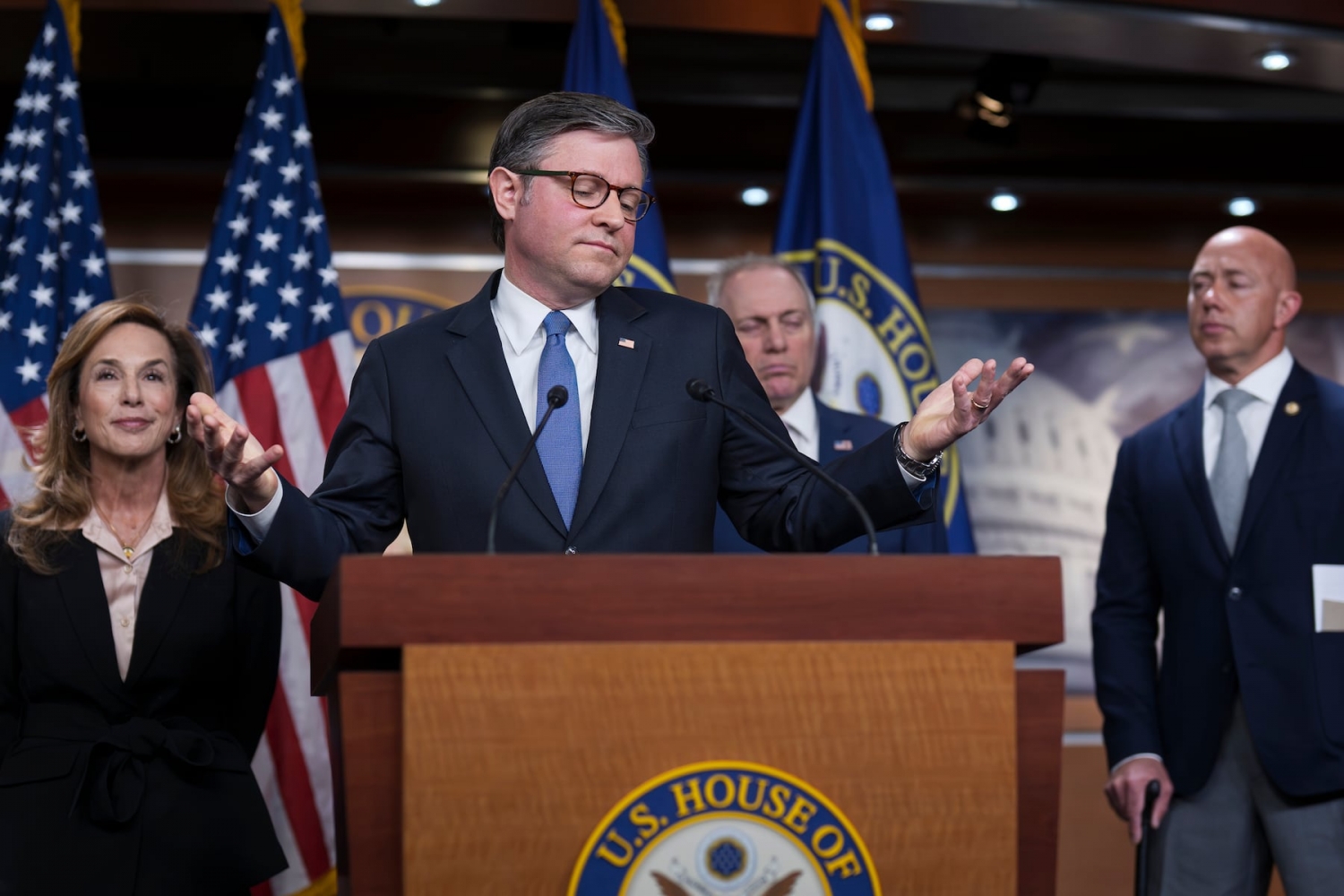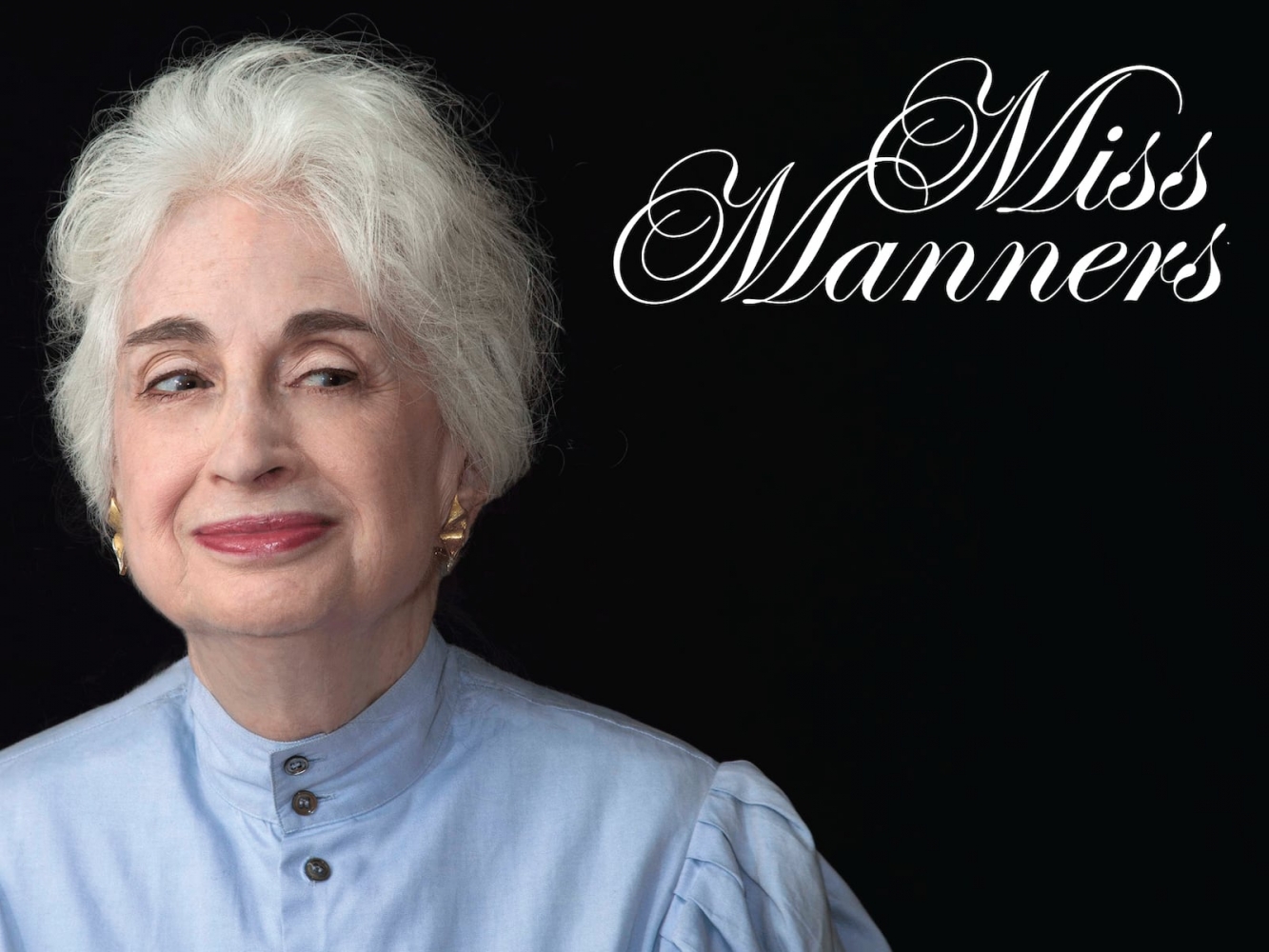Local News & Alerts
The recall comes after reports that the zipper head can detach posing a choking hazard to ...
More
Authorities say there is no indication that the suspect had any connection to the three vi...
More
The amount of e-scooter injuries reported by Oregon hospitals and emergency department has...
More
The unified support for House Bill 4018 from business lobbyists labor union representative...
More
A handsome farmhouse built in 1908 for Portland Heights settlers John and Sarah Talbot and...
More
By Roberto Camacho Edited by Patricia GuadalupeSAN DIEGO Calif On a typically cool sprin...
More
Savannah Guthrie returned Thursday to Studio 1A in New York to thank her colleagues for al...
More
Subscribe to OPBs First Look to receive Northwest news in your inbox six days a weekGood m...
More
The shooting happened on Northeast Sandy Boulevard early Thursday morning
More
Spears had reportedly just won a protective order against an alleged stalker when she was ...
More
A Brand New Community Event Happening This Weekend Tide to Table LLC is hosting their fir...
More
Fresh Flowers Are Blooming in Coos Bay Our community is growing and we love seeing new lo...
More
The war with Iran continued to widen Thursday as Azerbaijan a key US ally said drones laun...
More
Fiso scores 20, Etute adds double-double and Oregon dumps Purdue 82-64 at women's Big Ten Tournament
Katie Fiso scored 20 points Ehis Etute had 16 points and 12 rebounds and Oregon defeated P...
More
WASHINGTON The House is preparing to vote Thursday on a war powers resolution to halt Pre...
More
DEAR MISS MANNERS I was in a museum cafe searching for a place to sit with my husband Ther...
More
DEAR DR ROACH My doctors office makes patients sign in for appointments on their electroni...
More
As a state leader for Grandparents for Vaccines Im writing in support of childhood vaccine...
More
The Oregon Ducks won just one game this season against a team that entered the postseason ...
More
Publisher and Producer Mike Richardson is no longer serving as chief executive officer of ...
More




